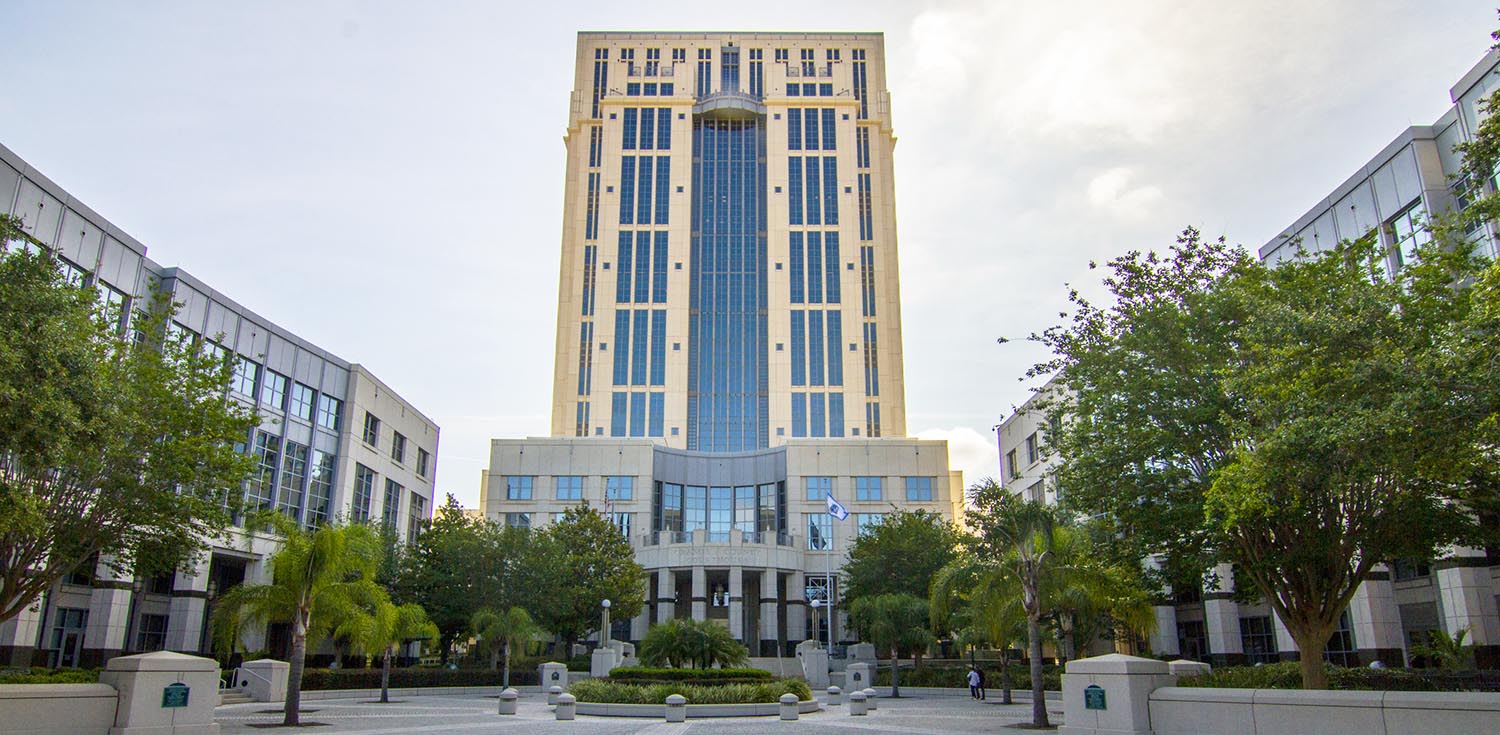
Florida’s “No Fault” Law is a statute enacted by Florida’s legislature that affects anyone who owns and registers a vehicle in the State of Florida. Essentially, if you own and register a vehicle in Florida, you are required to purchase No Fault insurance, also known as PIP (personal injury protection). This insurance pays 80% of medical bills for injuries sustained in an automobile accident, and 60% of losses from not being able to work due to injuries sustained in an accident. The maximum payout from the insurance carrier is $10,000. The “No Fault” aspect of the insurance means that the insurance carrier is required to pay medical bills and lost wages regardless of whether the insured is responsible for causing the crash. This type of insurance is in sharp contrast with liability insurance which protects drivers who are at fault for causing crashes involving injuries to others. Unlike No Fault insurance, insurance carriers are not required to make payments under liability insurance policies unless the insured driver was responsible, or negligent in causing the accident. Further, owners of Florida motor vehicles are required to carry No Fault, or PIP, insurance, however liability insurance is optional in most circumstances.
The legislature created the No Fault insurance requirement so that hospitals would not be forced to carry the burden of providing medical treatment to people involved in motor vehicle crashes with no assurance that they would ever receive payment for the medial service. Essentially, all passengers in a motor vehicle who sustain injuries are eligible to make claims for their medical bills through either the insurance policy of the vehicle owner. They can also qualify for PIP benefits if they reside in a household with a relative who has PIP insurance. In the event the occupant of a motor vehicle needs to make a claim, the PIP statute requires that this insurance is primary to any other available insurance. In other words, if an injured party has health insurance, Medicare, Medicaid, etc., the medical providers are required to submit the medical bills to the PIP automobile insurance carrier first. Only after the PIP benefits are exhausted, i.e., the carrier pays out $10,000, can the bills be submitted to any other insurance carrier.
A critical requirement for PIP eligibility is that the injured party sustains an injury serious enough to be classified as an emergency medical condition, or EMC. This requirement was established by the legislature in an attempt to curb fraudulent billing practices, and it requires an injured party be evaluated by a medical professional and the medical professional determines the injured party has sustained an emergency medical condition within 14 days of the automobile crash. In the event the injured party does not secure this classification, the insurance carrier is permitted to limit the PIP benefits to $2,500. As an example, if a person sustains serious injuries in an automobile crash and foregoes medical treatment in hopes of recovering without medical intervention, if fourteen days pass and the injured party then decides to seek medical attention, that party’s benefits will be limited to $2,500 regardless of how serious the injury or the amount of medical bills incurred. As such, even if an accident victim suspects there is a possible injury, it is imperative to seek at the very least a medical consultation within the initial fourteen day period.
Because costs for medical care are extremely high, personal injury protection insurance often will only scratch the surface of the total medical bills. Once the insurance carrier reaches the threshold of having paid out $10,000, they will no longer consider further medical treatment, and injured parties are forced to secure other means of paying for further medical care. This can be through health insurance if the injured party has health insurance, government assisted insurance if that is applicable, and some medical providers will offer payment plans or allow injured parties to satisfy medical payments at a later date if they have a viable claim from which the medical provider may seek payment.
In some instances, an owner of a vehicle required to obtain personal injury insurance coverage will either allow their coverage to lapse or intentionally forego the mandatory requirement and nonetheless operate vehicles on public roadways. A common question is in a situation where medical bills are incurred from the automobile crash and the injured party is uninsured, can the injured party recover his or her medical bills from the at fault party. The answer depends on where the crash occurred. In some jurisdictions, the law is the at fault party is responsible for all medical bills incurred as a result of the crash, irrespective of whether the injured party maintained the required personal injury insurance. However, there are other jurisdictions where the law states the at fault party is not responsible for the first $10,000 in medical bills if the injured party failed to maintain the required PIP insurance. For this reason, it would be prudent to be certain to have PIP coverage either through one’s own policy or be covered under another person’s policy to assure that in the event one sustains injuries in a crash, they can be certain there will be insurance cove rage to pay for necessary medical treatment.
In summary, drivers and passengers alike should consider whether there is PIP coverage inuring to their benefit before driving in any motor vehicle. Also, it is important to understand as a driver or passenger in a rental vehicle, the rental car company will provide PIP coverage if the driver or passenger is not covered under a separate policy, however as a passenger on a bus or public carrier, PIP will not be available, as those types of vehicles are excluded from the mandatory requirements of Florida’s PIP requirements. In addition, the driver or passenger on a motorcycle will not be able to collect PIP benefits, as motorcycles too are excluded from Florida’s PIP requirements. The types of vehicles that are subject to the PIP requirement, along with the types of vehicles excluded from the PIP requirement are listed and defined in Florida’s PIP statute.











